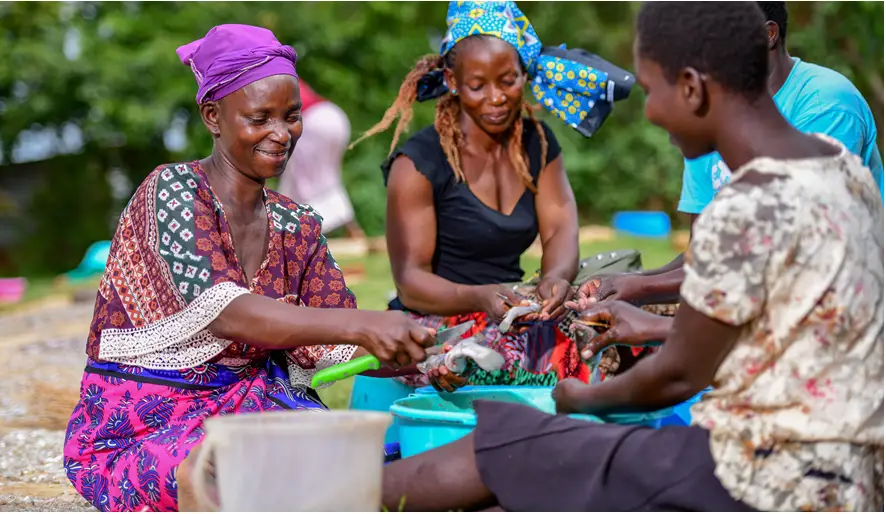For decades, the narrative around African trade has focused on resources and infrastructure. But a quiet revolution is happening, one driven by the indomitable spirit of women entrepreneurs. TradeMark Africa’s (TMA) women in trade program is a prime example, proving that investing in women’s economic empowerment is not just the right thing to do – it is a sound business decision.
The programme has so far reached over 180,000 women across 14 border locations in East Africa, with over 30 % of them reporting an increase in income. But the impact goes beyond the bottom line. The program tackles the unique challenges women face, like unpaid caregiving duties that steal 30% of their trading time or navigating around complex trade rules. By addressing these issues, TMA empowers women, leading to a remarkable 34% reduction in incidents of harassment and exploitation.
Recognising the interconnectedness of economic empowerment, our focus is expanding to the West Africa and the Horn of Africa. Our next strategy will also address the needs of marginalised groups like youth and persons with disabilities, aligning with national government priorities and the African Continental Free Trade Area (AfCFTA) protocol.
TMA’s approach is data-driven, and with this in mind, we have developed a Women in Trade Empowerment Index (WITEI) that will allow stakeholders to measure progress, on access, agency, and achievements, ensuring resources are directed where they can make the most significant impact.
Investing in gender and inclusion programs is not just about social good, it is about unlocking Africa’s full economic potential. By empowering women and marginalised groups, we will create a more resilient, equitable, and prosperous continent. The data is clear: investing in women traders isn’t just the right thing to do – it’s smart business.


